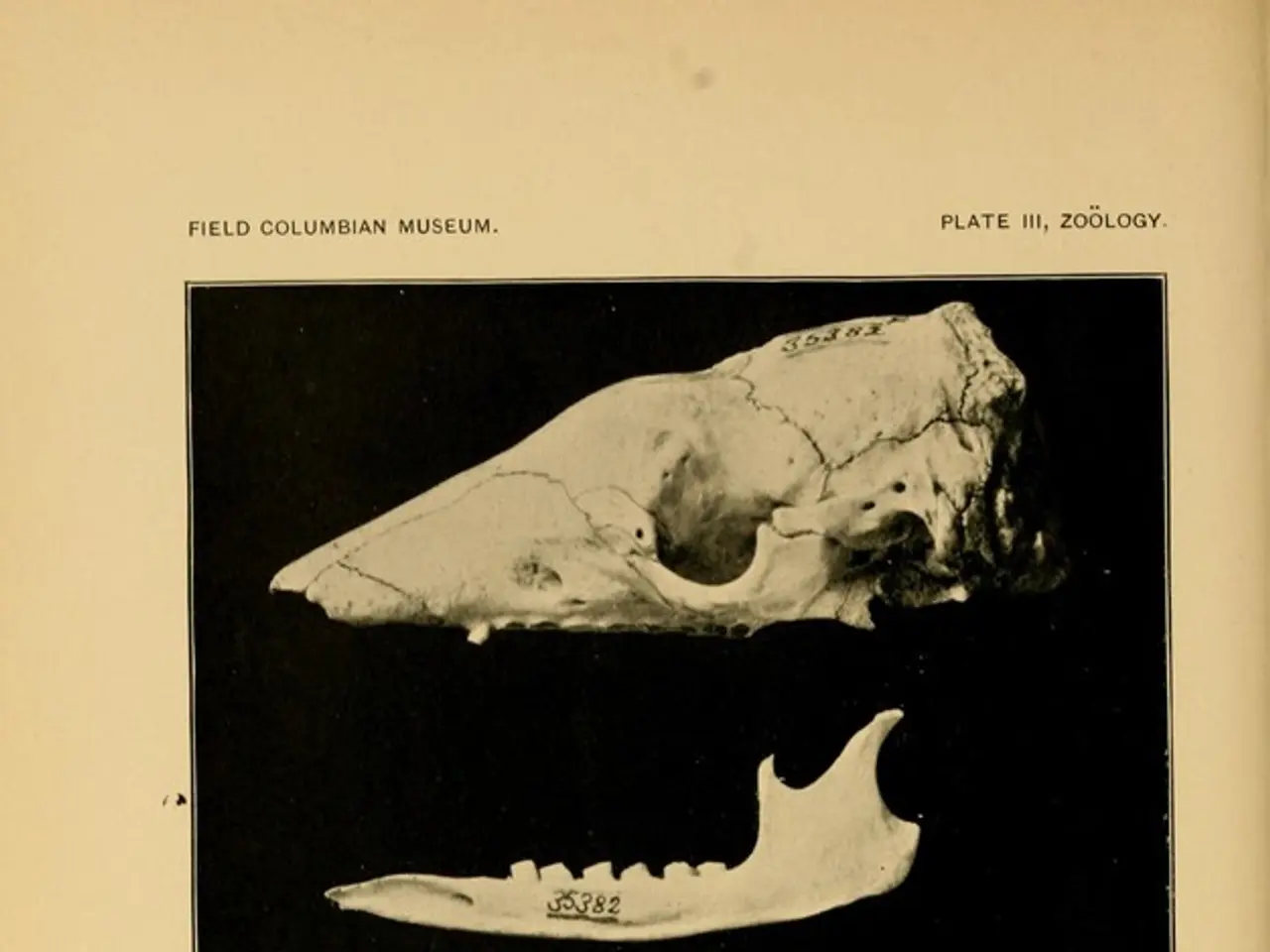Therapy using anti-androgens may accelerate the growth of bone tumors in advanced cases of prostate cancer.
In a remarkable breakthrough, a team of Australian researchers, led by Dr Nathalie Bock, have published a study that investigates the effectiveness of traditional anti-androgen therapy in the microenvironment of prostate cancer bone tumors. The findings of this research, titled "In vitro engineering of a bone metastases model allows us to study the effects of antiandrogen therapies in advanced prostate cancer," were published in the esteemed journal Science Advances.
Prof. Jeff Dunn AO, CEO of the Prostate Cancer Foundation of Australia (PCFA), commended the research team and congratulated Dr Bock for her research achievements. Prof. Dunn described this research as "Australian research excellence at its finest." He also emphasized that the discovery will help in better targeting treatments for different types of prostate cancer.
The study aimed to understand the efficacy of anti-androgens, such as enzalutamide and bicalutamide, in the bone microenvironment of prostate cancer. To achieve this, the team bioengineered a microenvironment of a bone tumor to assess the effects of these therapies on tumor cells.
Dr Bock, who is conducting research on bone metastases from breast and prostate cancers under the mentorship of Distinguished Professor Dietmar Hutmacher, has developed 3D miniature bone-like tissue models for clinical and preclinical drug testing. The ultimate goal is to use the model with patient-derived cells from patients undergoing prostatectomy, making it a personalized preclinical diagnostic and drug testing tool.
While survival rates for prostate cancer are high, with over 95% of men likely to survive at least five years, continued efforts are necessary to find curative treatments, especially for advanced disease in the bone. The interactions between the cancer cells, the bone, and the anti-androgens significantly impacted the progress of cancer in the mineralized microenvironment of bone tumors.
The Prostate Cancer Foundation of Australia commends this research and its potential to save lives. Australia has one of the highest incidence rates of prostate cancer internationally, with 1 in every 6 Australian men likely to be diagnosed during their lifetime and around 17,000 men diagnosed each year. This research will build on previous discoveries to help stop cancer from spreading and claiming the lives of more than 3,000 men a year, as is currently the case.
The research team's findings are significant, and the team has highlighted the need to upscale the bone tumor microenvironment model platform for use by other research groups. This could pave the way for further advancements in the understanding and treatment of prostate cancer bone metastases. The exact researcher group for this study could not be identified from the available information, but related research on prostate cancer and hormone deprivation therapies is associated with groups like the OncoRay research group and the Culig group.
The Prostate Cancer Foundation of Australia congratulates Dr Nathalie Bock and her team on this groundbreaking research and looks forward to seeing the continued impact of their work on the fight against prostate cancer.
Read also:
- Trump's SNAP reductions and New York City Council's grocery delivery legislation: Problems for city residents highlighted
- Reducing dental expenses for elderlies in Sweden: Over 50% cut in charges for pensioners by the government
- Forty-year-old diet: A list of meal choices to savor
- Exiled Life's Conundrum: A Blend of Liberation, Disillusionment, and Distress






